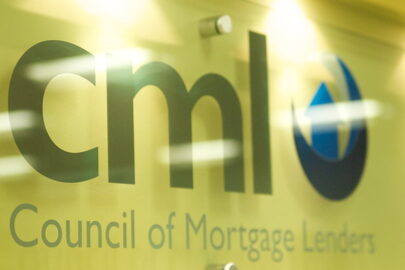Gross mortgage lending reached £14.3 billion in January, according to estimates from the Council of Mortgage Lenders (CML).
This represents a 14% fall from December’s gross lending total (£16.6 billion) and is 11% lower than the £16.1 billion lent in January last year.
“The softer pace of approvals through the second half of last year contributed to the relatively weak pace of mortgage lending in January,” explained CML chief economist Bob Pannell.
“Although seasonal factors will continue to weigh on activity levels for a while longer, we expect the underlying picture to pick up over the coming months, in line with stronger earnings and employment, gentle interest rate trends and recent stamp duty changes.
“As we forecast at the end of last year, gross mortgage lending remains on course to reach an expected £222 billion this year.”
Mark Harris, chief executive of mortgage broker SPF Private Clients, said: “December saw a flurry of activity in the housing and mortgage markets, with borrowers rushing to buy ahead of the stamp duty changes. Subsequently, January was always going to be rather quieter. Lending volumes were also subdued compared with January last year, when the housing market was in the throes of a boom. That is no bad thing as a more sustainable and measured market emerges.
“While January and February can traditionally be quiet times for the housing market, lenders are keeping busy undercutting each other on mortgage deals. Rates are astonishingly low, and yet lenders continue to reduce them. Lenders are busy competing for business, unsure what will happen around the general election and any uncertainty that may produce, and are keen to get off to a good start.
“The next step is to start to ease criteria. A couple of building societies – the Ipswich and the Melton – have this week said they will consider lending to borrowers transferring from other lenders under the transitional arrangements in the mortgage market review. This is a crucial step and could be a lifeline for mortgage prisoners who are a good credit risk but are struggling to remortgage because they are self-employed, require interest only or are 50-plus. We expect other lenders to follow suit.”
